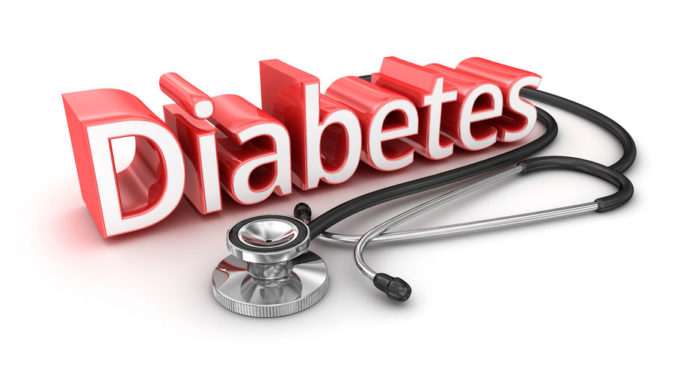Background
Diabetes is a common disease in the United States, affecting more than 37 million Americans according to the Centers for Disease Control and Prevention (CDC). There are two different types of diabetes, Type 1 and Type 2. Type 1 diabetes is when your pancreas does not make insulin at all or only makes a little insulin. Insulin helps your body move sugar from the blood into your cells to use for energy. Type 1 diabetes is less common and often occurs at an early age. Type 2 diabetes is the more common of the two and accounts for about 90-95% of cases. Type 2 diabetes occurs when your body does not respond well to its own insulin and does not bring sugar out of the blood and into the cells for energy like it should. When the sugar in your body stays in the bloodstream, it leads to high sugar levels. It is important to control high blood sugar because it can cause problems over time, like vision changes, nerve pain, kidney damage, or even heart attacks to name a few.
Type 1 diabetes requires the use of insulin for treatment because the body is not producing its own insulin. Type 2 diabetes is not always insulin dependent and there are new treatments being developed regularly for Type 2 diabetes.
See our blog on Tips to Reduce the Risk of Diabetes
Mounjaro (tirzepatide)
On May 13th, 2022, the FDA (U.S. Food and Drug Administration) approved a new medication for the treatment of Type 2 diabetes called Mounjaro (tirzepatide). Mounjaro is the first medication in a brand-new class of medications called dual GLP-1 and GIP agonists. GLP-1, or glucagon-like peptide-1 is a type of hormone in your body that is naturally produced by the gut in response to food intake. It stimulates a reduction in appetite and the release of insulin. There are already medications on the market that target GLP-1 stimulation, such as Trulicity, Byetta, Bydureon, Ozempic, Victoza, Rybelsus, and Adlyxin. What makes Mounjaro different from these medications is that it has a dual action. Not only does it target GLP-1 stimulation, but it also targets GIP. GIP, also called gastric inhibitory polypeptide or glucose-dependent insulinotropic polypeptide, is another hormone like GLP-1 and pushes your body to release insulin. This dual action helps improve blood sugar control in people with diabetes.
Mounjaro was approved by the FDA based on five clinical trials that compared Mounjaro either by itself or in addition to other diabetes medications to different diabetes treatments including a placebo (no medication), a GLP-1 agonist (Ozempic), or insulin. Mounjaro was found to reduce A1c the most compared to any of the comparison drugs or placebo. Though Mounjaro is not considered a weight loss medication, there also was a significant amount of weight loss with Mounjaro compared to the other treatments.
Mounjaro is given as an injection under the skin once weekly and has three different doses (5mg, 10mg, and 15mg). The dose can be increased over time depending on tolerability. The main side effects associated with Mounjaro were nausea, vomiting, diarrhea, decreased appetite, constipation, or abdominal pain. These are similar side effects to the already available GLP-1 agonist medications described previously. Mounjaro should not be used in anyone with a personal or family history of medullary thyroid cancer or in people with Multiple Endocrine Neoplasia syndrome type 2. If you’ve ever had inflammation of the pancreas (pancreatitis), know that Mounjaro was not studied in people with a history of pancreatitis.
If you’re looking to achieve tighter Type 2 diabetes control, Mounjaro could be a good option for you. For people who are already on a GLP-1 agonist medication, switching to Mounjaro may further improve diabetes control. Talk with your healthcare provider or pharmacist if you’d like to learn more or see if Mounjaro is right for you.
References:
1) https://www.cdc.gov/diabetes/basics/what-is-type-1-diabetes.html
2) https://www.cdc.gov/diabetes/basics/type2.html#:~:text=Healthy%20eating%20is%20your%20recipe,them%20have%20type%202%20diabetes.
3) https://ada.com/conditions/diabetes-mellitus-type-2/#:~:text=People%20with%20type%202%20diabetes,more%20often%20thirsty%20than%20normal.
4) https://www.fda.gov/news-events/press-announcements/fda-approves-novel-dual-targeted-treatment-type-2-diabetes












